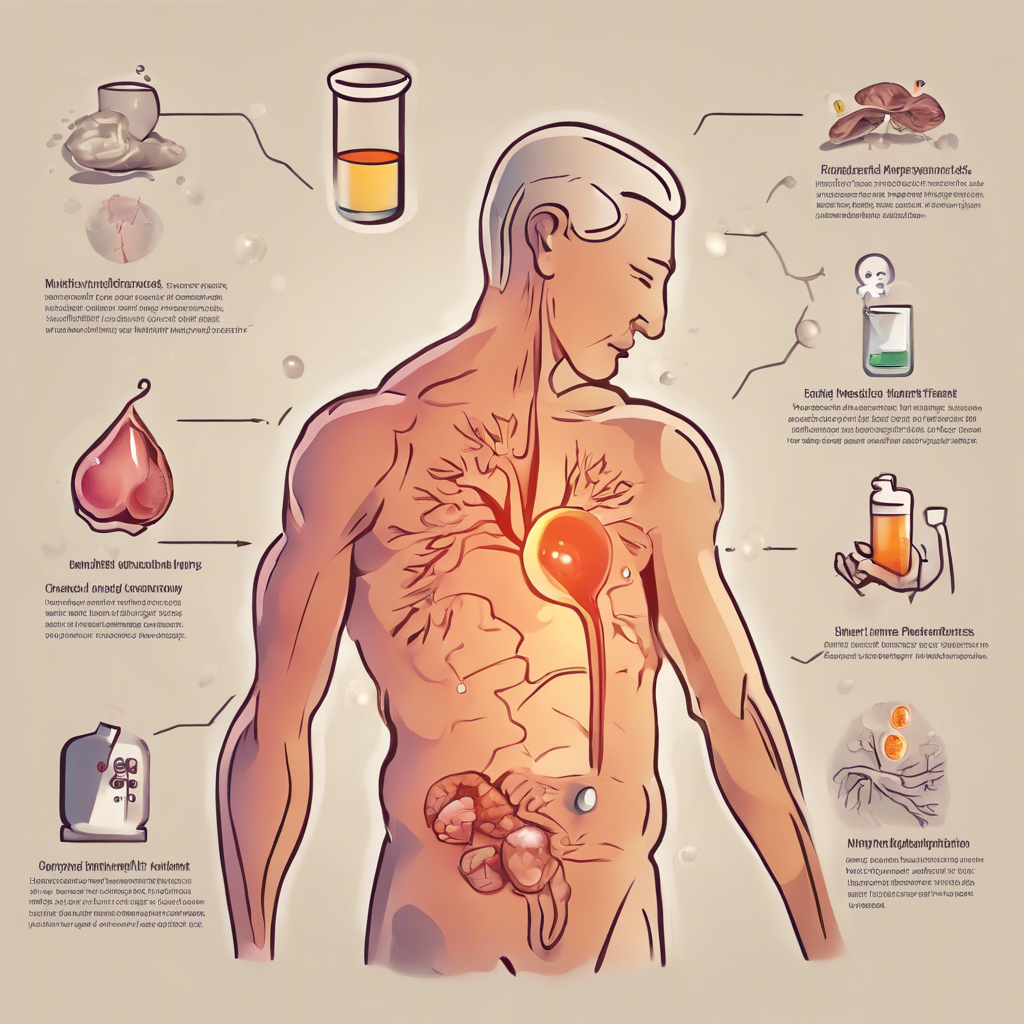Chronic dehydration can have significant long-term effects on overall health, impacting various bodily systems and functions. Some of the potential consequences include:
1. Kidney Damage: Prolonged dehydration can lead to kidney stones and may increase the risk of chronic kidney disease due to the kidneys’ reliance on adequate fluid intake for filtering waste.
2. Urinary Tract Infections (UTIs): Insufficient hydration can contribute to the development of UTIs, as concentrated urine can irritate the urinary tract and promote bacterial growth.
3. Digestive Issues: Chronic dehydration can lead to constipation and other digestive problems, as adequate water intake is essential for proper digestion and the movement of food through the intestines.
4. Cognitive Impairment: Long-term dehydration may negatively affect cognitive function, leading to difficulties with concentration, memory, and overall cognitive performance.
5. Skin Problems: Dehydrated skin can become dry, flaky, and less elastic, potentially leading to premature aging and increased susceptibility to skin disorders.
6. Muscle and Joint Issues: Chronic dehydration can result in muscle cramps, stiffness, and joint pain, as water is essential for lubricating joints and maintaining muscle function.
7. Cardiovascular Strain: Dehydration can lead to reduced blood volume, putting extra strain on the heart and potentially increasing the risk of cardiovascular issues over time.
8. Hormonal Imbalance: Chronic dehydration can disrupt hormone levels, affecting various physiological processes, including metabolism and fluid balance.
9. Increased Risk of Heat-Related Illnesses: A consistently dehydrated state can impair the body’s ability to regulate temperature, increasing the risk of heat exhaustion or heat stroke, especially in hot environments or during physical activity.
10. Overall Fatigue and Decreased Quality of Life: Chronic dehydration can lead to persistent fatigue, reduced energy levels, and a general feeling of malaise, negatively affecting daily activities and quality of life.
To mitigate these risks, it’s crucial to maintain adequate hydration by drinking enough fluids throughout the day and consuming water-rich foods. Recognizing the importance of hydration for long-term health can help prevent these adverse effects.

The content provided in this article/blog post/press release/white paper is for informational purposes only and does not constitute medical advice. We are not medical professionals, doctors, or scientists, and our statements should not be interpreted as such.
While we strive to provide accurate and up-to-date information, we encourage readers to seek the guidance of qualified healthcare providers for any medical concerns or questions regarding treatment options.
The information provided herein is intended to support, not replace, the relationship that exists between a patient and their physician or other healthcare provider. Always consult with a licensed medical professional before making any decisions regarding your health and treatment.
By reading this content, you acknowledge that you understand and accept this disclaimer.